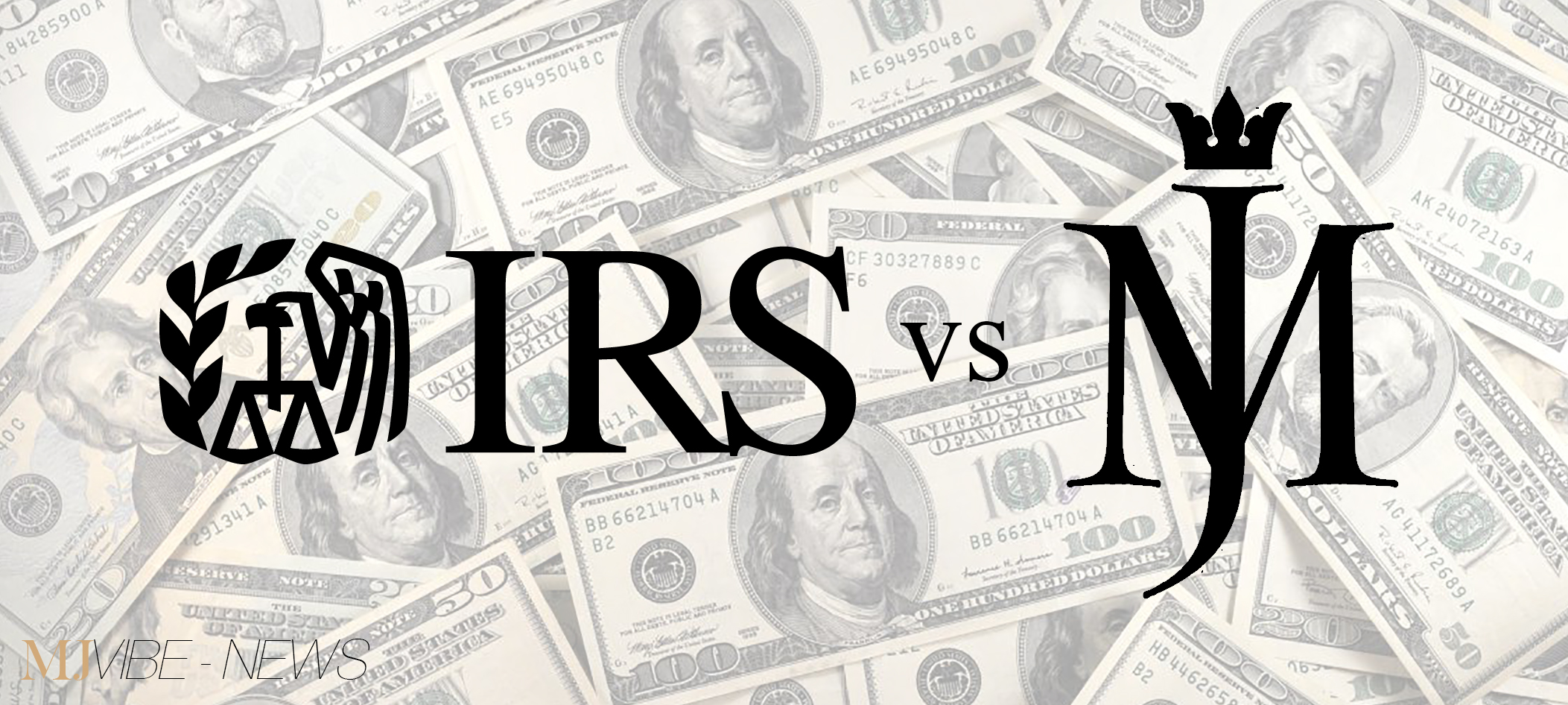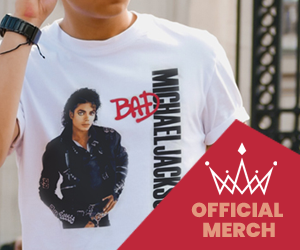
The tax trial of the century — one focused on the worth of late pop singer Michael Jackson when he died in 2009 — is set to begin this February. With more than $1 billion at stake, the Internal Revenue Service and Michael Jackson’s estate are scrambling in these final pre-trial days to discover everything they need to know before heading into battle.
This week, U.S. Tax Court Judge Mark Holmes granted a heavily contested motion by the IRS to depose John Branca, one of the two co-executors of Jackson’s will; Michael Kane, the singer’s former business manager; and Karen Langford, a paralegal said to have participated in the valuation of Jackson’s image and knowledgeable about unreleased music.
But John McClain, the other co-executor of Jackson’s will, won’t be giving a deposition.
Although McClain currently manages an outfit that exploits Jackson trademarks, Holmes writes in his order that McClain is described in court papers as “very seriously ill and subject to very poor reactions to stress,” commenting that this “would seem inconsistent with the ability to manage a complex enterprise in an industry not widely known for the placidity with with its commercial activity is carried out.”
To protect his health, McClain won’t have to testify just yet, but the judge isn’t ruling out that he may have to do so at trial if the IRS insists and after potential briefing by the parties.
Judge Holmes has also ordered a variety of documents to be shared with the IRS including cease-and-desist letters the estate has sent to those it thought might be exploiting Jackson’s likeness without authorization, the minutes of the estate’s sale of its interest in Sony/ATV to Sony, and appraisals of that sale reported to be worth about $750 million.
The big ticket item at the current trial — and the reason why the case is of special interest throughout the entertainment industry — will be valuating Jackson’s posthumous right to his likeness. The IRS has insisted it’s worth more than $434 million and may point as evidence to the 2009 documentary This Is It, a Cirque du Soleil tribute show, and post-death albums, video games and other lucrative memorials. The estate’s own valuation is just $2,105, arguing that what’s important is the value when he died, when Jackson’s commercial prospects were suffering from charges of child molestation and drug abuse, before executors worked their magic, and the King of Pop experienced a resurgence in popularity.
The coming valuation analysis and conclusions will be informed by what licensors theoretically would be willing to pay for rights. To this end, Jackson’s estate commissioned UCLA Law School professor Eugene Volokh, one of the leading scholars of First Amendment law and torts, to prepare a report on the subject of how the value of a celebrity like Jackson depends on the legal limits of the posthumous right of publicity.
The IRS brought a motion to exclude Volokh’s report as inadmissible since it’s the judge deciding conclusions about the law. Experts only render opinions informed by facts.
“This is true even when issue before the Court is a mix of law and fact, as it is in the valuation questions in this case,” writes Holmes in response to the IRS’ motion. “Professor Volokh’s proffered testimony would be helpful in drawing the bounds of the estate’s rights in Jackson’s image. But the rule excluding testimony about the content of domestic law is a strong one in this Court. His legal expertise can help the estate to prepare for examination before trial and in argument after the trial, but we find it inadmissible as testimony during the trial.”
SOURCE: Billboard




First off the Estate did not clear Michael Jackson’s name to profit. When Michael was going to London to perform at the 02 Arena the ticket websites crashed on the shows that they had put in. So I would say No matter what the Estate had nothing to do with his image. 2nd In reading of this I see there is nothing written about the traveling for 2 years or more of the Immortal Tour. We all know that MJ fired Branca three times. John Branca & Sony were together & yet Branca was MJs music attorney- seems to be a conflict of interest. I hope others have a say with me- against me- anything. Michael Jackson was the greatest entertainer of all time in my era. I was lucky to see him perform 1 time at Madison Square Garden in Sept 2001. Michael needs justice.